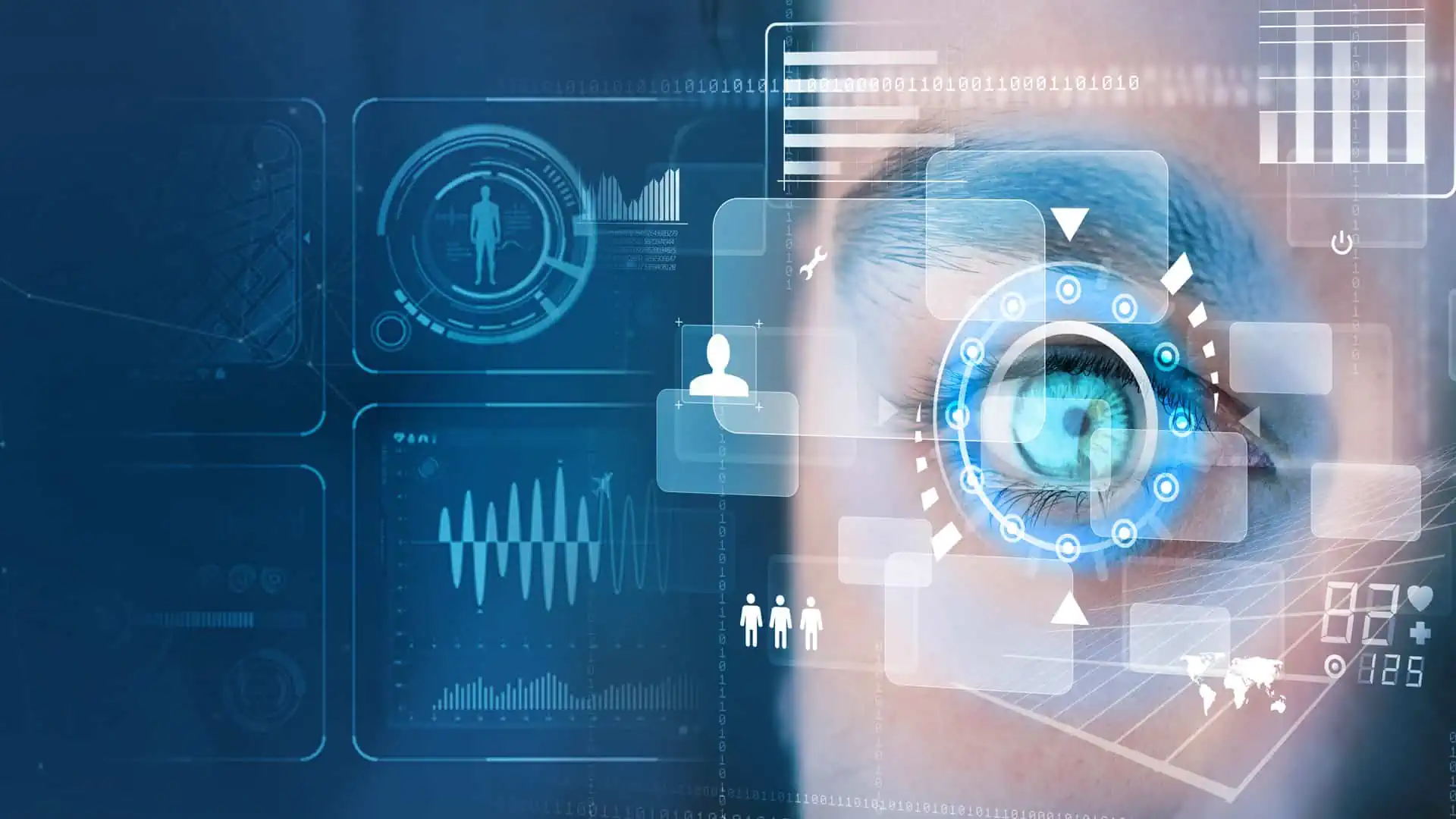Introduction: The fusion of computer vision and artificial intelligence, two rapidly advancing technological fields, is set to ignite a new wave of technological revolution. Computer vision enables computers to understand and interpret image and video data, while artificial intelligence empowers them with intelligent decision-making and learning capabilities. This article explores the impact of integrating computer vision with artificial intelligence across various domains and provides insights into future trends.
- Autonomous Driving: The application prospects of integrating computer vision with artificial intelligence in autonomous driving are vast. Through computer vision technology, vehicles can perceive and comprehend real-time information such as roads, traffic signs, other vehicles, and pedestrians, enabling precise environmental awareness. Meanwhile, artificial intelligence can provide intelligent driving decisions and control capabilities through learning and decision-making, enhancing driving safety and efficiency.
- Intelligent Surveillance and Security: The integration of computer vision with artificial intelligence also holds immense potential in the domain of intelligent surveillance and security. Leveraging computer vision technology, intelligent surveillance systems can monitor and analyze behaviors captured in video streams, promptly alerting and taking appropriate actions to enhance security measures. Artificial intelligence enables surveillance systems to learn and adapt by continuously training and optimizing, enabling recognition of more complex and covert threats.
- Medical Imaging and Diagnosis: Significant progress has been made in utilizing the integration of computer vision with artificial intelligence in the medical field. With computer vision technology, medical images can undergo automated analysis and diagnosis, aiding doctors in early detection and precise treatment plans. Artificial intelligence, through learning and pattern recognition, can provide more accurate and reliable decision support in healthcare, further improving medical quality and efficiency.
- Intelligent Interaction and Human-Machine Interfaces: Another application domain for merging computer vision with artificial intelligence is intelligent interaction and human-machine interfaces. With computer vision technology, computers can perceive and understand users’ actions, expressions, and language in real-time, enabling more natural and intelligent human-machine interaction. Artificial intelligence empowers computers to comprehend and process this information, providing personalized and intelligent services.
Conclusion: The integration of computer vision with artificial intelligence is set to trigger a new technological revolution, with vast applications across autonomous driving, intelligent surveillance and security, medical imaging and diagnosis, as well as intelligent interaction and human-machine interfaces. As technology continues to evolve and innovate, computer vision and artificial intelligence will further improve and deepen, propelling more industries towards intelligence and automation. Businesses and research institutions should closely monitor the development trends in this field and actively invest in research, development, and application to overcome future challenges in technological competition.

